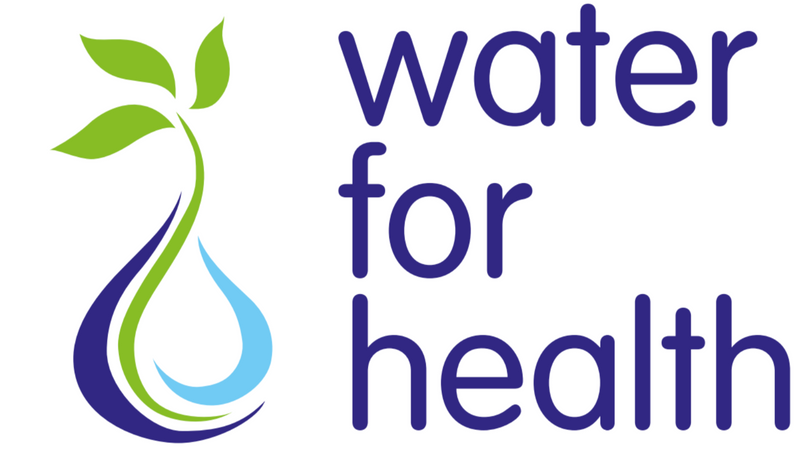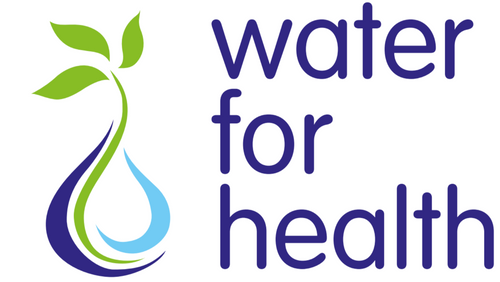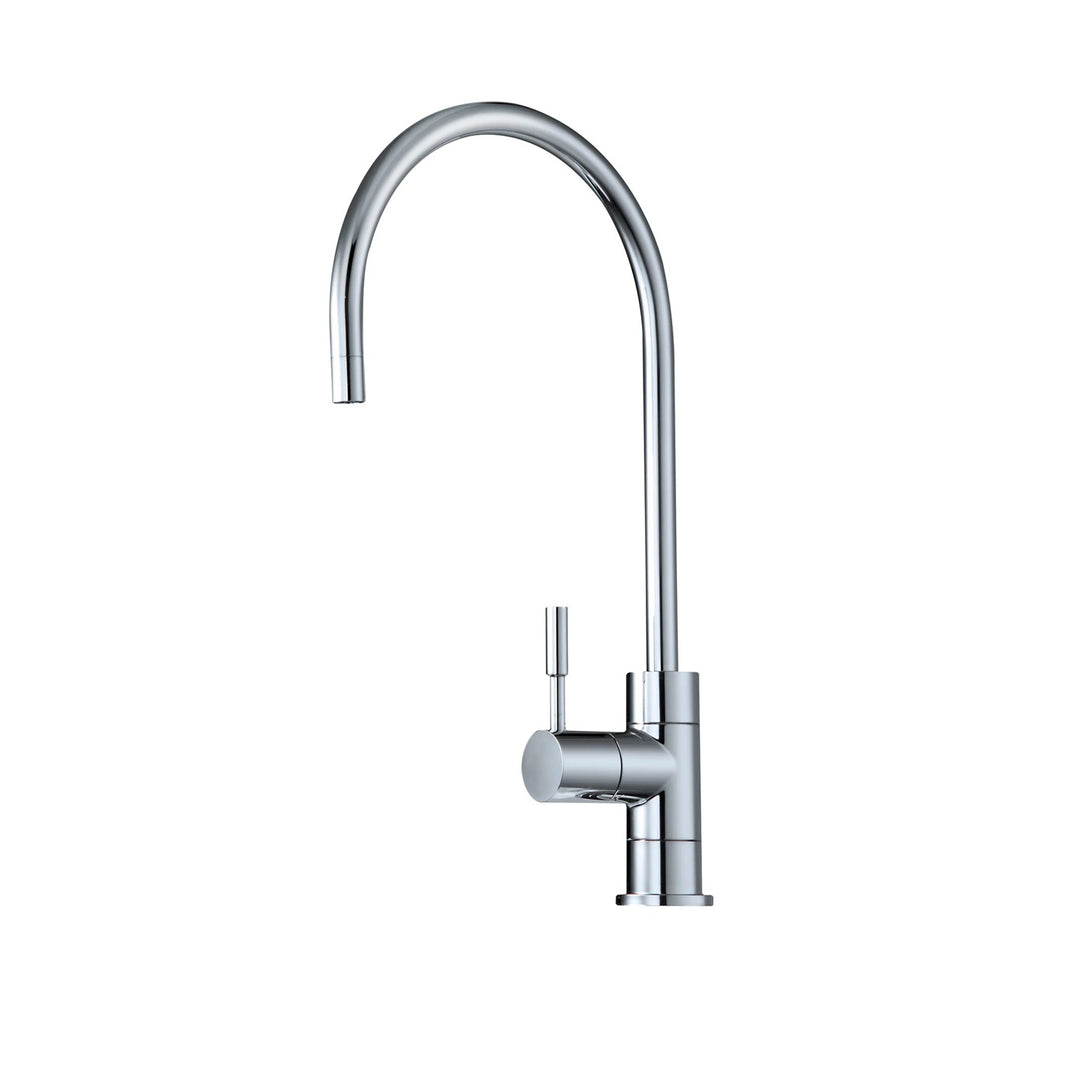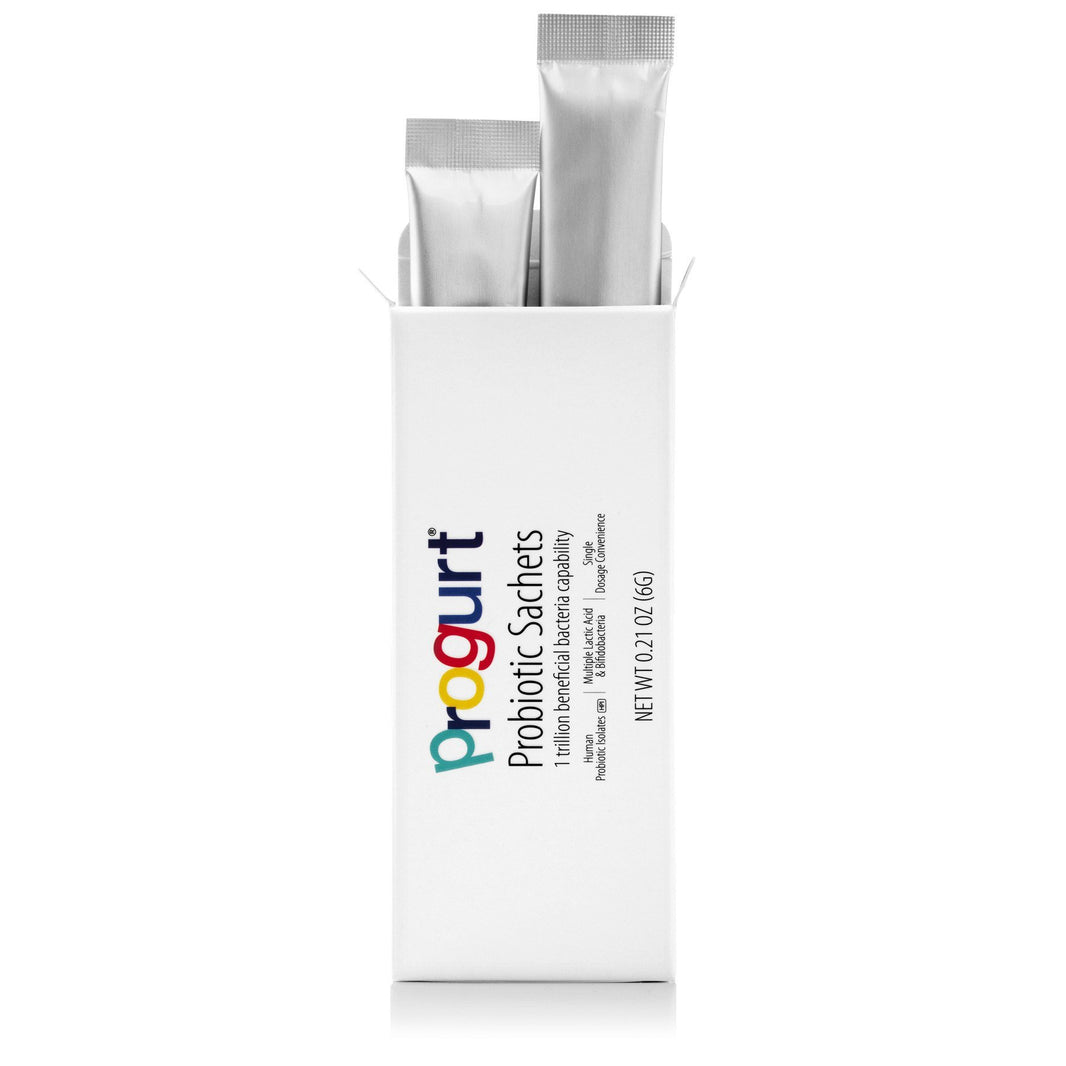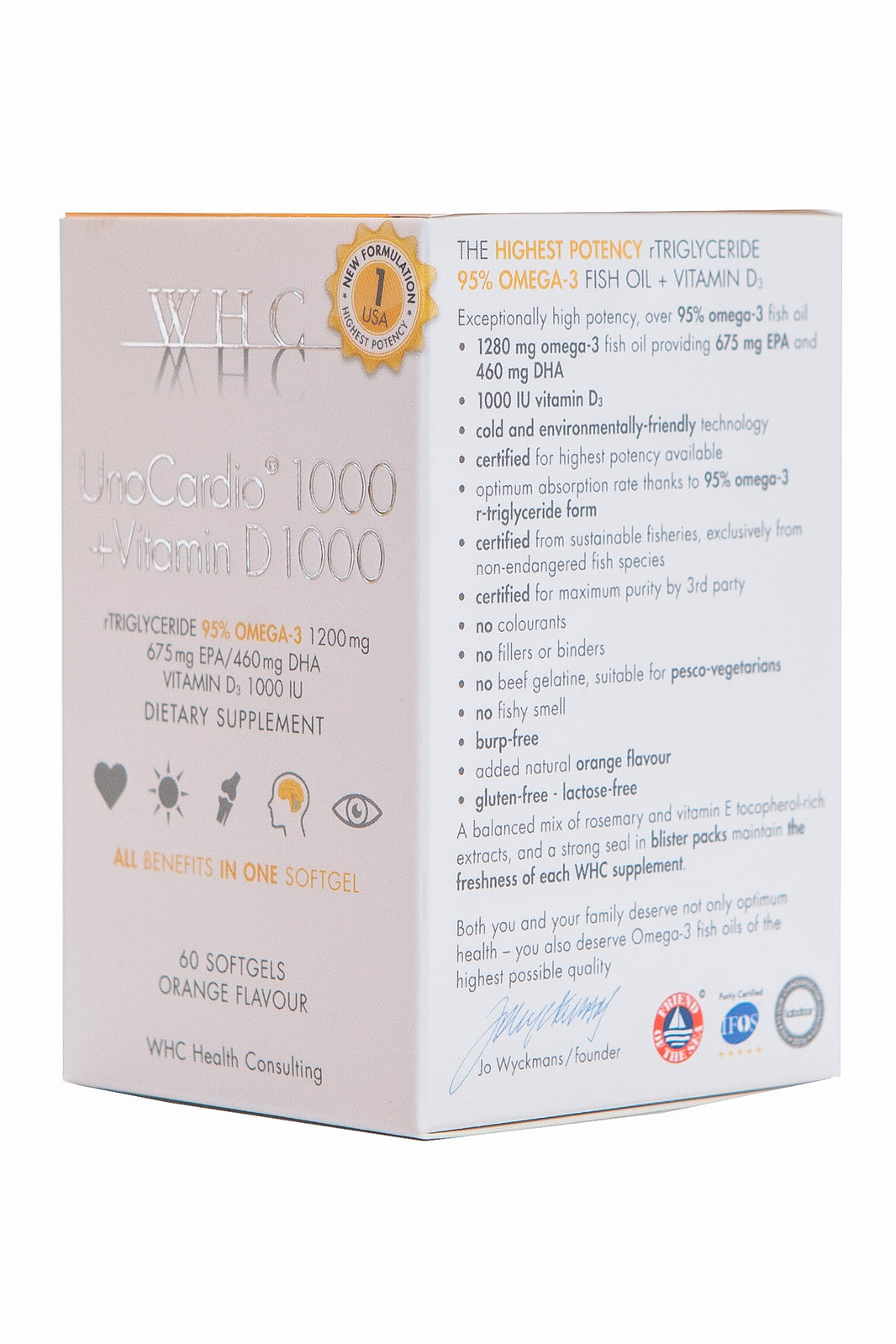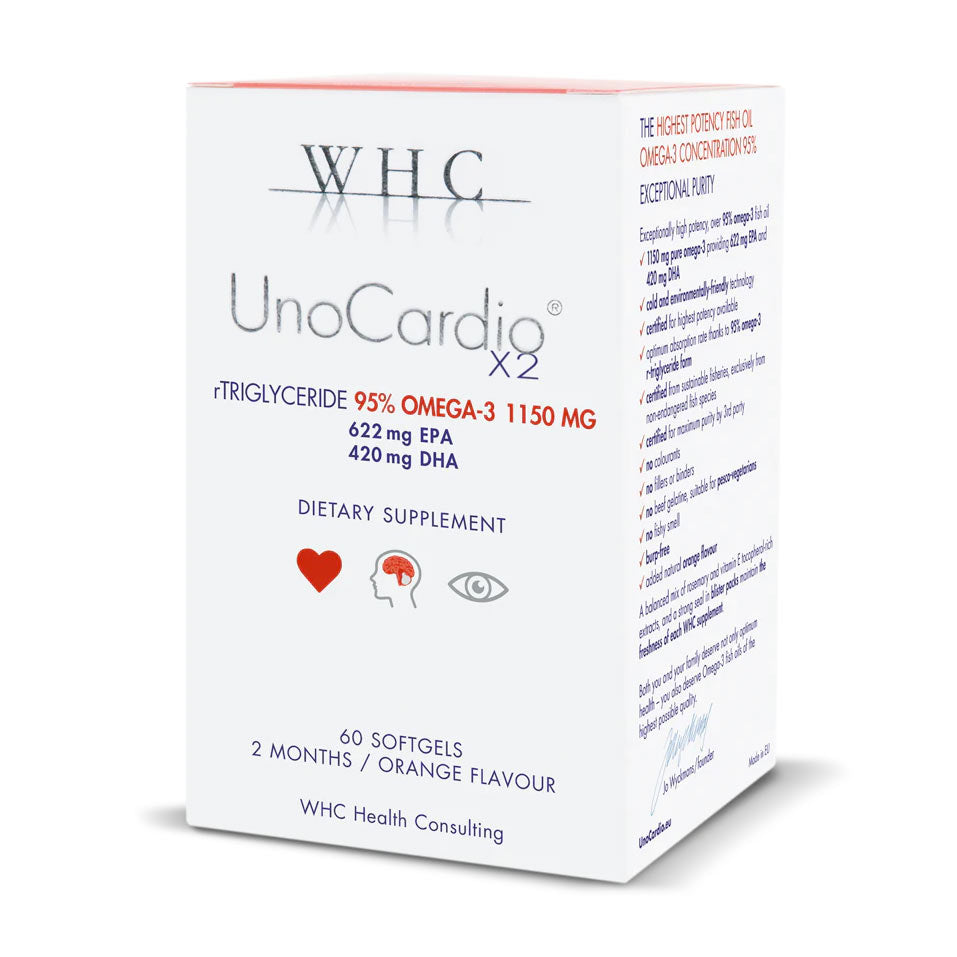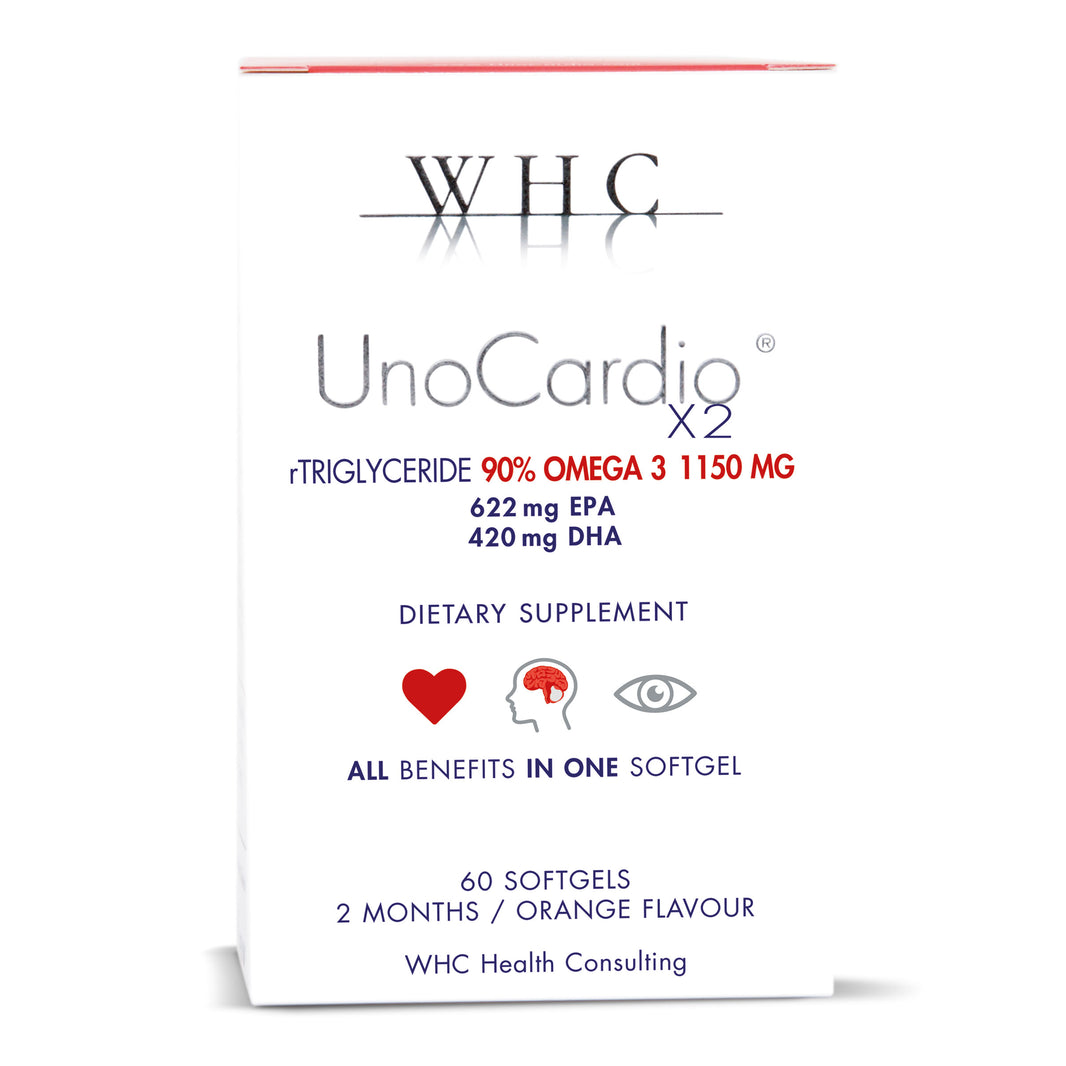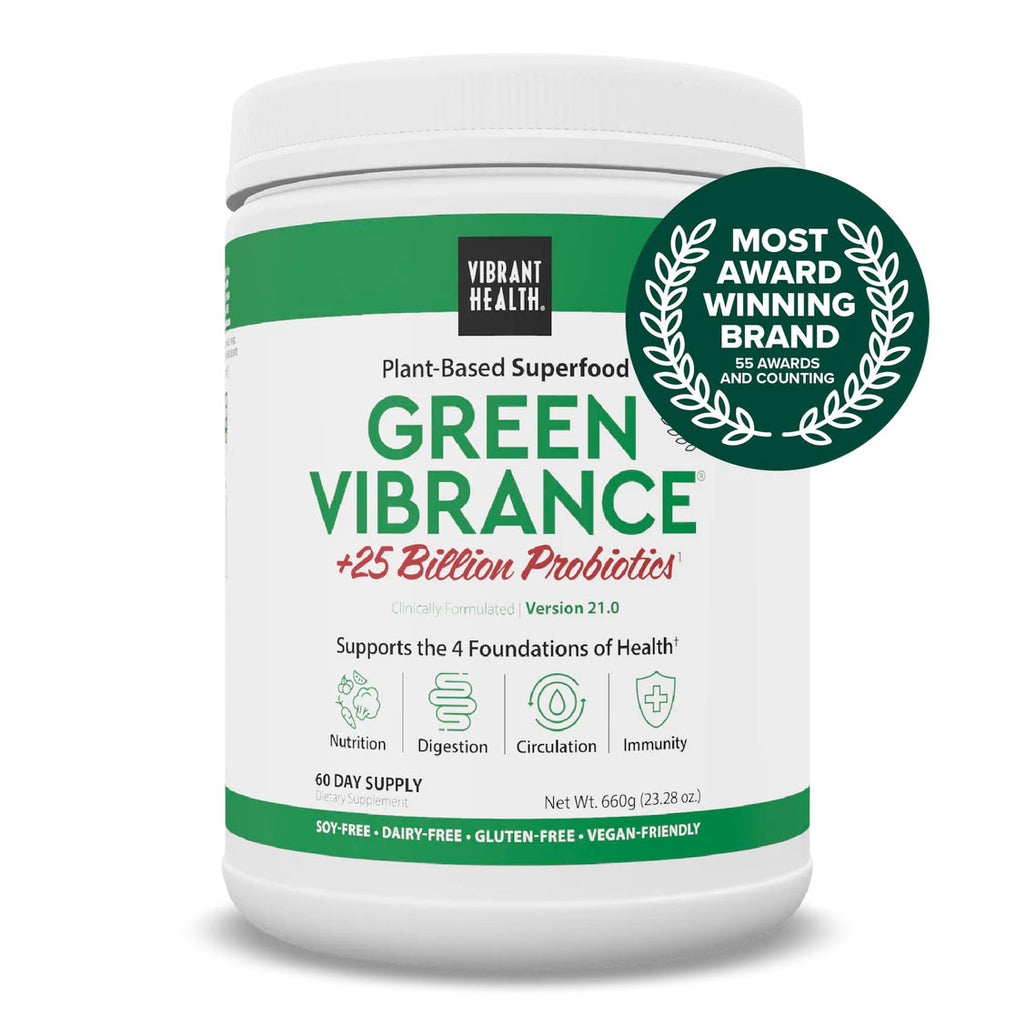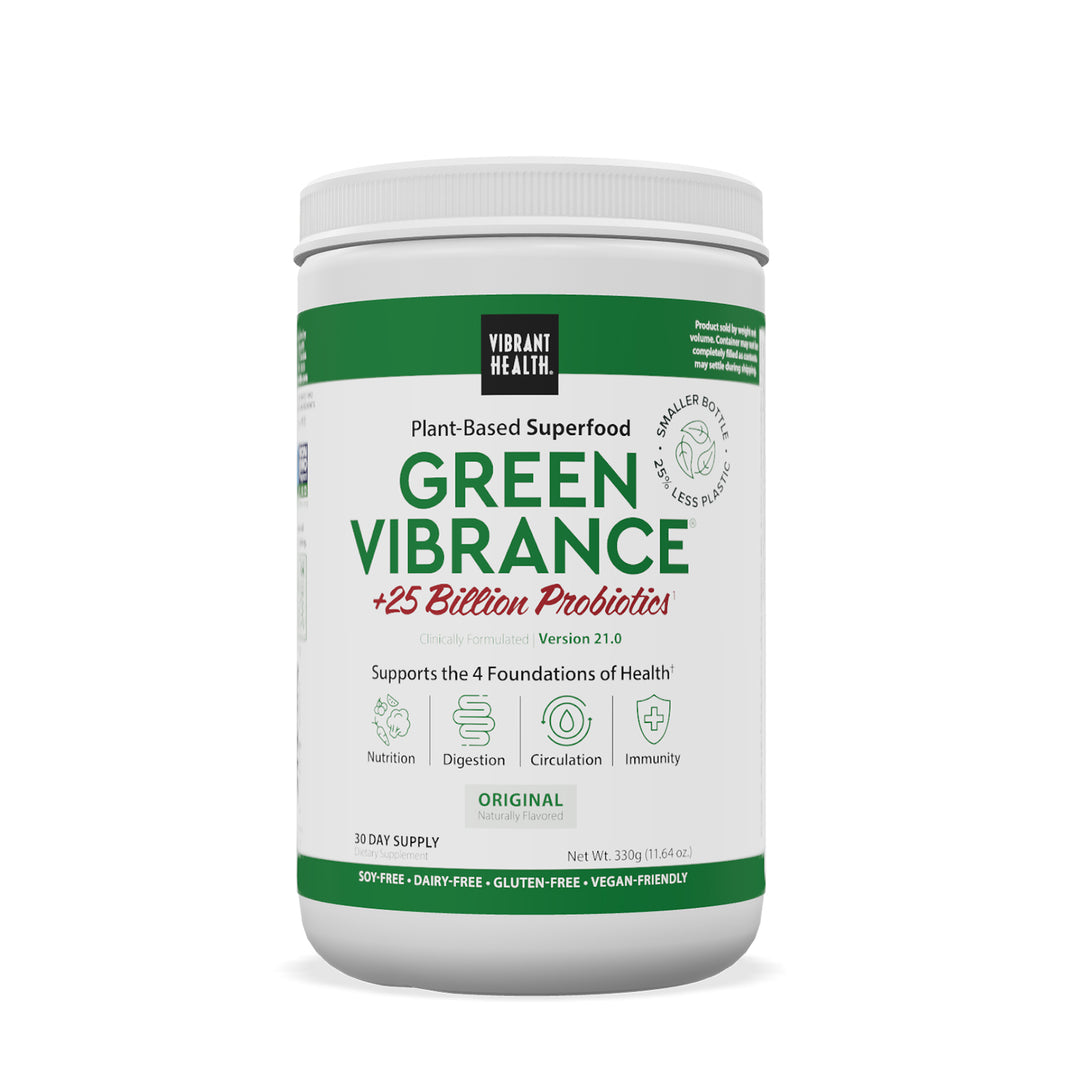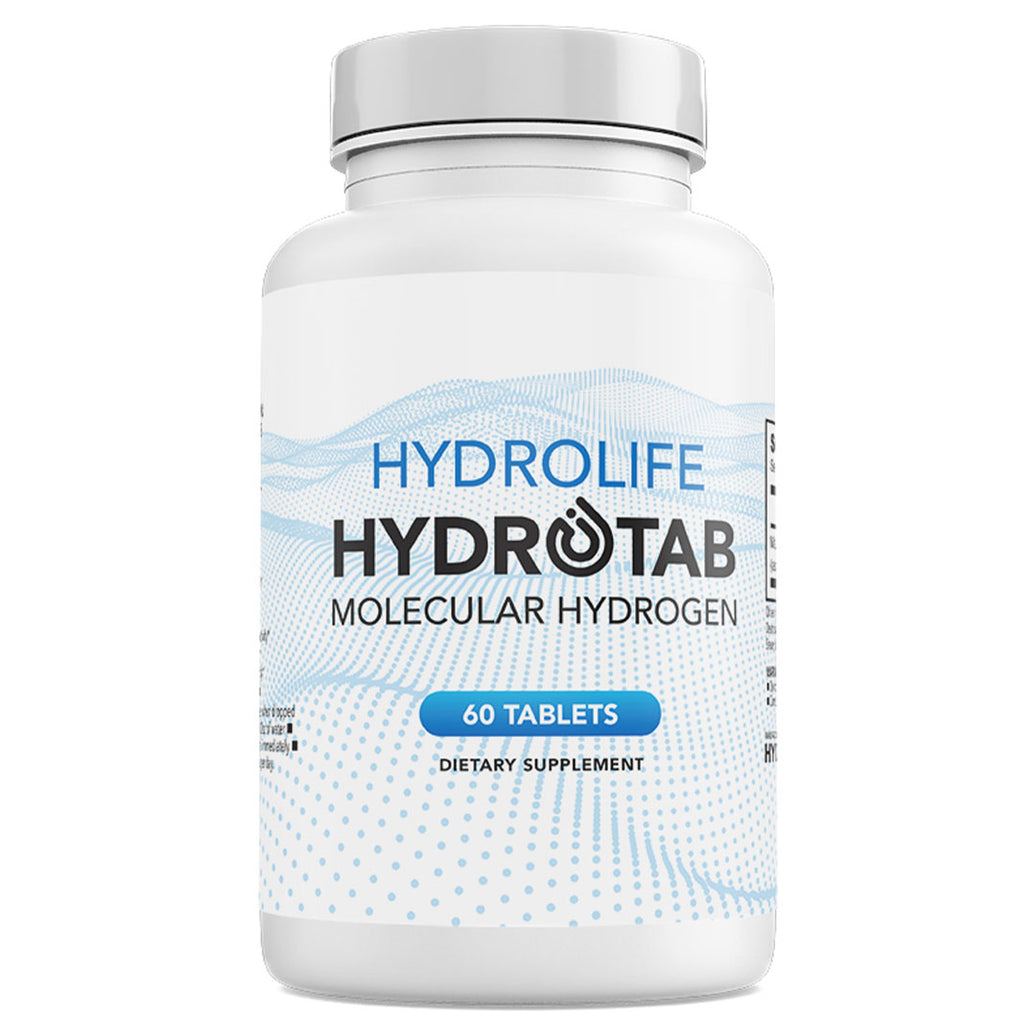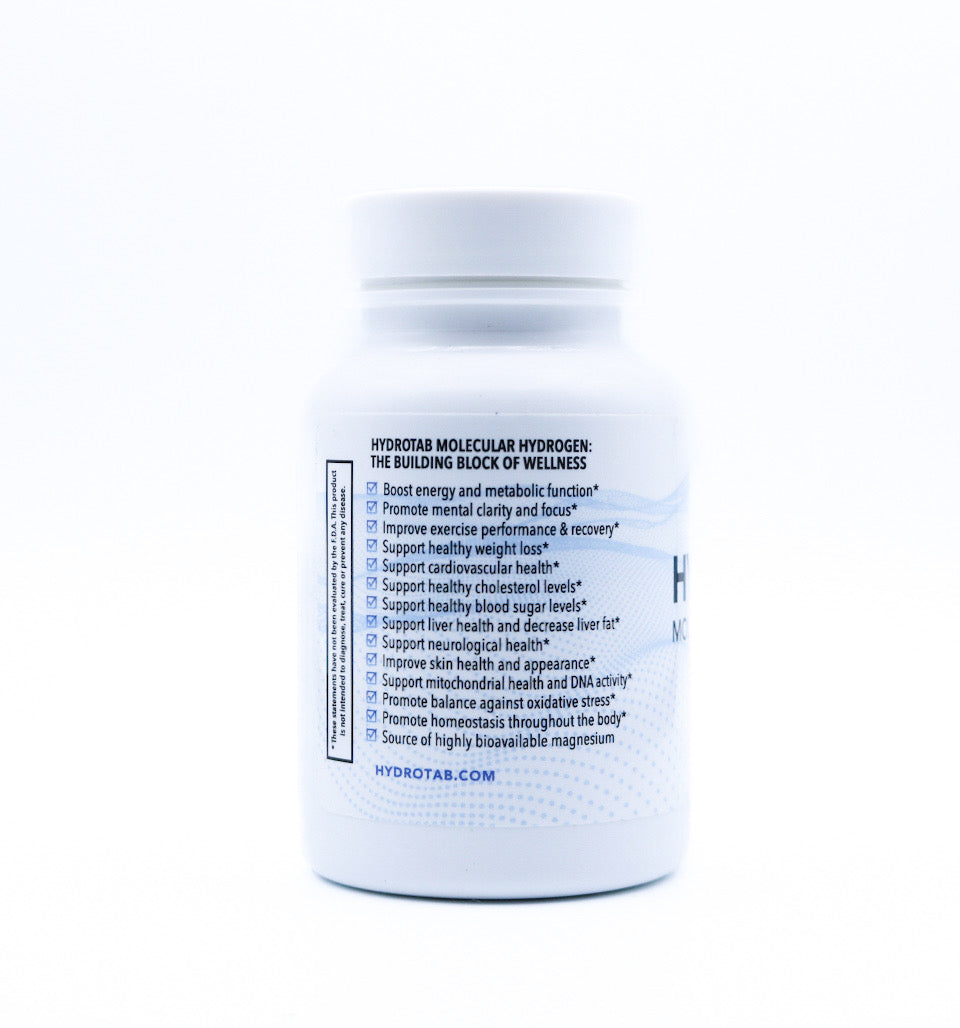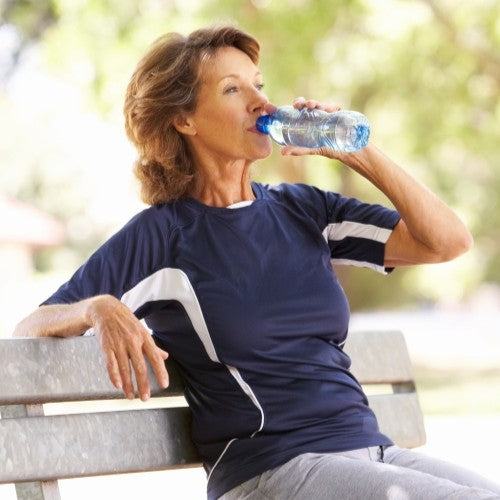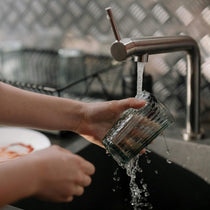Here's something that might surprise you…
We Brits spend approximately £1.5 billion on bottled water every year. When bottled water first appeared on supermarket shelves, it seemed like the perfect solution for health-conscious consumers. Compared to tap water, pure spring water appeared to offer a cleaner, healthier way to meet our daily hydration needs.
But is bottled water healthier than tap water as we've been led to believe?
Recent research has raised some serious questions about whether our expensive bottled water habit is actually supporting our health or potentially working against it.
Let's explore what's really happening when you reach for that plastic bottle, and whether the premium you're paying is worth it for your health and wellbeing.
Understanding Your Bottled Water Ingredients List
One of the biggest challenges with bottled water is that the bottled water ingredients list isn't always as straightforward as you might expect.
Unlike tap water, where you can access detailed government reports about what's added and why, bottled water labelling isn't as strictly regulated.
The Three Types of Bottled Water in the UK
Municipal or Communal Water - This is essentially tap water that's been bottled. While it might have undergone additional filtering, you're paying premium prices for what could be very similar to what comes from your kitchen tap.
Natural Mineral Water - This comes from officially recognised underground springs and may be filtered or treated before bottling. The challenge is that underground springs can contain various minerals and compounds, and you won't always know exactly what they are.
Spring Water- This can come from almost anywhere and is allowed to be filtered and treated extensively. The broad definition means spring water can contain virtually anything, making it difficult to know what you're actually consuming.
The real concern isn't necessarily that these water types are unhealthy, but that as a consumer, you often don't know exactly what's in your bottle.
If you're particularly health-conscious and want control over what goes into your body, this uncertainty can be problematic.
The BPA Controversy: Why Drinking Warm Bottled Water Could Be Risky
One of the most concerning aspects of bottled water is the presence of Bisphenol A (BPA), a chemical that's essential for making those lightweight, shatterproof plastic bottles we're all familiar with.
How BPA Enters Your Water
BPA leaches from plastic into water, especially when bottles are old, damaged, or exposed to heat. If you've ever left bottled water in a warm car or stored it in direct sunlight, you've likely increased the BPA content significantly. This is why drinking warm bottled water from plastic containers is particularly concerning.
Studies have found high levels of BPA in the average person's urine, blood, and body tissue, proving that this leaching is a real and measurable problem.
The Health Implications
In your body, BPA mimics oestrogen and binds to the same receptors as natural female hormones. Research has connected BPA exposure to various health concerns, and this is particularly relevant when considering water and fertility connections.
Some studies suggest BPA may affect reproductive health, potentially reducing male fertility and causing other hormonal disruptions. For couples concerned about drinking water fertility impacts, this is definitely worth considering.
Even water bottled in aluminium or metal cans isn't necessarily safer, as these containers are often lined with BPA-containing epoxy.
Heavy Metals and Bottled Water Stomach Problems
Beyond BPA, bottled water can contain other concerning substances.
Antimony, a heavy metal, leaches from plastic bottles, particularly when they're stored in warm conditions. Given that much of Britain's bottled water is shipped from warmer climates, there's a good chance your water hasn't always been stored in ideal conditions.
While the long-term health effects of chronic antimony exposure aren't fully understood, people with occupational exposure have experienced eye, skin, and lung irritation. Some have also reported bottled water stomach problems including stomach pain, diarrhoea, vomiting, and stomach ulcers.
Does UK Bottled Water Contain Fluoride: What You Need to Know
Many people choose bottled water specifically to avoid fluoride, but does UK bottled water contain fluoride?
The answer isn't straightforward because it depends on the source and processing methods.
Some bottled waters may contain naturally occurring fluoride from their source, while others might have it removed during processing. However, most UK bottled water brands don't clearly indicate fluoride levels on their labels, making it difficult to know for certain.
If you're specifically trying to avoid or include fluoride in your water intake, bottled water might not give you the control you're looking for.
Testing Standards: Is Bottled Water Actually Safer?
Here's something that might shock you: British tap water must be tested daily, while bottled water is typically tested much less frequently.
Professor Paul Younger argues in his book "Ground Water in the Environment" that bottled water testing is far less rigorous than tap water testing.
This means that despite paying premium prices, you might actually be getting less monitored water than what flows from your kitchen tap.
If you use a scientifically tested water filter at home according to manufacturer instructions, you're probably accessing better-tested water than most bottled alternatives.
Britain has experienced bottled water safety scares, including the discovery of carcinogenic benzene in one brand in 1989 and bromate in a popular brand in 2004.
The Mineral Content Myth: Bottled Water vs Tap Water
Many people assume bottled water contains more beneficial minerals than tap water, but recent research published in the Daily Mail Online found the opposite to be true.
Most bottled water brands actually contained lower levels of important minerals like calcium and potassium compared to tap water.
These minerals aren't just beneficial for overall health but are particularly important for bone, nerve, and muscle function. Ironically, many bottled waters contained high levels of sodium, which most people already consume in excess through their regular diet.
If you're drinking two litres of high-sodium bottled water daily, you could be consuming about 25% of your daily sodium needs before you even start eating meals.
pH Levels and Alkalinity Concerns
British tap water is slightly alkaline, while bottled water pH levels can range from acidic to moderately alkaline. Most UK bottled water brands don't list bicarbonate content on their labels, probably because, like tap water, they contain very little.
If you're following an alkaline diet or trying to balance acidic foods in your diet, many bottled waters won't provide the alkaline support you might expect.
Environmental and Health Impacts
The environmental cost of bottled water extends beyond just plastic waste. The British bottled water industry releases approximately 350,000 tonnes of carbon dioxide into the atmosphere annually. This contributes not only to climate change but also affects the air quality we all breathe daily.
Making Better Hydration Choices
So is bottled water healthier than tap water?
The evidence suggests that in many cases, the answer is no.
While bottled water is certainly healthier than sugary soft drinks and can serve as an emergency hydration option when you're away from better sources, it shouldn't be your routine choice for daily hydration.
Practical Alternatives
For home use, consider the Biocera Alkaline Water Jug, which provides pure alkaline water without the harmful chemicals found in plastic bottles. This system gives you control over your water quality while avoiding the environmental and health concerns associated with bottled water.
For on-the-go hydration, Biocera Alkalising Teabags can transform filtered water into alkaline water wherever you are. Simply add one teabag to your reusable bottle of filtered water for healthy hydration without the plastic bottle concerns.
The Bottom Line on Bottled Water Health
The relationship between bottled water and health is more complex than marketing suggests.
While bottled water isn't necessarily dangerous, the evidence indicates it's often not the healthier choice compared to properly filtered tap water.
Key concerns include:
Chemical exposure from plastic bottles, especially when drinking warm bottled water
Uncertain ingredients due to less regulated labelling compared to tap water
Potential stomach problems from heavy metal contamination
Unknown fluoride content making it difficult to control intake
Lower mineral content than many people expect
Higher sodium levels that could affect daily nutrition
For couples concerned about water and fertility, the hormonal disruption potential from BPA exposure in plastic bottles is particularly worth considering. The good news is that you have better alternatives available.
Understanding what's really in your bottled water ingredients list can help you make more informed decisions about your daily hydration choices.
Rather than assuming bottled water is automatically healthier, consider investing in quality home filtration systems that give you control over your water quality without the environmental impact and potential health concerns of plastic bottles.
The evidence suggests that with proper filtration, your tap water can be transformed into a healthier option than most bottled alternatives, all while saving money and reducing environmental impact.
